This article was originally published in Droshak on July 1, 2020. It was translated by Galin Tanashian for The Armenian Weekly.
At the end of the 19th century, during the organizational formation of Armenian political thought, the best children of the Armenian people of that time founded the Armenian political parties. The people who dedicated their lives to the Armenian liberation struggle and then to the establishment of statehood received the best education, were progressive, had a broad worldview, ambitions and a great dream.
The upbringing, education, knowledge, organizational skills, determination to take their rightful place in the world and the national mentality ensured not only the birth of the First Republic, but also the launch of unprecedented programs during the two years of independence.
With today’s worldview, it is unimaginable that everything that was accomplished from 1918-1920 by those who had no experience with an independent statehood, from education and urban development to army building and foreign policy, despite the conditions of epidemic, thousands of refugees, famine and war. This is truly a source of inspiration and admiration for the modern generation. After all, this displacement of the last 30 years is always justified by the war, its consequences, the collapse of the USSR, the blockade, the fact that it was a young state, international conspiracies, obstruction of the opposition, lack of natural resources, being a poor state and so on. Everyone and everything is to blame, except the authorities and the real people responsible.
The new reality caused by the loss of independence changed the problems facing the Armenian Revolutionary Federation (ARF). The country was part of the Soviet Union, but even in those conditions Armenian political thought could not give up its national programs and the mission of acting in favor of the Armenians. The party clearly separated the interests of the national and current authorities. The authorities are transitory, and the interests of Armenia and the Armenian nation are above all. Being in the camp against the geopolitical communist ideology, the National and Socialist ARF Dashnaktsutyun has been working hard for decades to preserve the Armenian identity, protect the rights of the Armenian people and the church in foreign countries, the Armenian Cause and our demands.
In 1990, after the revelation of the organizational structure and active works in Armenia, even during the years of the Armenian National Movement (ANM) government when it was subjected to numerous persecutions (1992: expulsion of Hrayr Marukhyan, representative of the ARF Bureau from the homeland, obstruction of the General Assembly; 1994-1995: arrests of party members, suspension of party activities, destruction of offices, confiscation of property, ban on media, etc.), the ARF Dashnaktsutyun actively and resolutely participated in the Artsakh liberation war, continuing its support to Armenia in various ways from military to humanitarian aid, as well as lobbying in the outside world.
Under the second president, the ARF Dashnaktsutyun became part of the government within the framework of cooperation with the government. As the foreign policy was closer to the ARF’s approaches to the national path, ties with the Diaspora deepened, the social situation of the population improved, etc., but there were always disagreements over personnel policy, privatization, anti-corruption struggle, political and electoral processes, and so on. Realizing the need for change in many areas, the ARF Dashnaktsutyun saw participation in the government as a path to a step-by-step push for constitutional, electoral, political, social, democratic and other reforms.
In 2008, the ARF did not support the candidacy of the future third president and nominated its own candidate in the elections. Due to “football” diplomacy, it became a radical opposition actively fighting against the Armenian-Turkish protocols. The period was full of controversy with the government over various issues, including the socio-economic sphere (introduction of the funded pension system, fiscal policy, etc.), but in recent years the dialogue on the repeal of the Armenian-Turkish protocols and the constitutional amendments to the parliamentary government have created a favorable environment for cooperation.
The ARF also supported the People’s Movement of 2018, became part of the transitional government and expressed its readiness to contribute to the elimination of old defects and the construction of a new, fairer country. Here, too, having serious disagreements with the leader of the ruling political group, the ARF considered the interests of the people and the state a priority, separating it from the interests of the government. It is no coincidence that the ARF leaders, having a critical attitude towards the current government on many issues, have repeatedly stated that they are ready to support the Armenian government for the resolution of national problems and the interests of the state.
The purpose of this article is not to analyze the ARF’s cooperation with previous authorities or to address this or that fundamental disagreement with them. The problem is different. The ARF has always recognized the government and the state as different from each other, regardless of the organization’s position in the political field. The ARF has always stated it is ready to support the state, regardless of the current authorities. However, this approach dictates that a number of issues be addressed. It is clear that such an attitude leads to difficulties in societal relations. Armenian voters want to see a clear and unequivocal political stance. They often do not understand how a party can be part of the government but have oppositional stance on many issues or be oppositional but support the government on a number of issues, from being a force to be reckoned with abroad to presenting an anti-government anti-crisis program (which the government nevertheless ignored and its own policy failed).
All this really leads to a misunderstanding among the Armenian citizens. The situation was different when Armenia was not an independent state, and many problems in the Diaspora were perceived as historical challenges facing the nation. The problem is completely different in the case of the political system of an independent country, when the party is an active participant in political life and electoral processes. The above-mentioned issue may be perceived differently by the compatriots of the Diaspora, but in Armenia it is difficult to understand the opposition of the authorities, but to support them abroad.
This also leads to the labeling of the party from different angles.
When it comes to their interests, the other opposition forces present the ARF’s opposition as a false opposition which has a “deal” with the current government, and the government is drumming up the thesis of “two ARFs” because it sees criticism inside, but a warm reception outside.
The same problem arises when the ARF, being part of the government, criticizes the mistakes and flaws of the government. For the ruling masses, the party remains the opposition, and for the opposition masses, the culprit and the ruling party. As a result, it is unacceptable for both sides.
And no matter how much the ARF presents its own interpretation, the Armenian society and the Armenian electorate have never accepted, do not and will not accept this “incomprehensible” position.
This situation, in turn, affects the party’s rating and election results in the country. This is a problem that needs to be addressed and needs a resolution today.
The next important issue concerns cooperation with other political forces or the possibility of implementing their own programs in coalition conditions. Almost all parties in Armenia are officially declared liberal. In fact, they proclaim themselves to be purely post-Soviet. The liberalism that exists in Armenia has nothing to do with the liberalism of the Western world. In such countries, it manifests itself in either neoliberalism or vulgar liberalism. As such, there are virtually no left-wing political forces.
Cooperation with neoliberal or vulgar liberal parties hinders and, in fact, makes the implementation of the ARF program impossible.
Public, political and even purely human relations are very politicized in Armenia. And because for many people, politics is not about principle or about ideas and plans, it’s about narrow group interests where honest and open words or fair assessments have no place. Meanwhile, especially from the public, people need to hear a clear position on good and bad, right and wrong, black and white.The reason is the numerous lies that have been heard for decades, and everyone is tired of them. People expected to hear about justice, solidarity and truth in independent Armenia.
However, political interests in our country have risen above the truth, and politicians have often deceived the public. Each presented assessments, analyses or positions solely in terms of their own interests. An opposition figure whom the public recognizes as a corrupt person can speak of justice and honesty, and a government official who has harmed the country can make insulting remarks about an honest critic with a good reputation in society. After independence, not only were the good and the bad not dismantled, but the state was plunged into a whirlwind of growing lies. They covered all areas: politics and culture, elections and economics, human relations or business. Society began to live in an alternate reality. In 2018, that false reality did not change. The total deception deepened, gaining new manifestations and squandering the possibility of radical and systemic reforms. Numerous political events of the years of independence, including tragic or turning point, have been presented in a false light and continue to be falsified for political gain. Thousands of people live in their imaginations in an emotional atmosphere that makes them manageable. Often citizens do not see how they can change their views under the influence of stupidities and myths that have been repeated for years.
In 2018, there was a change in government, the influence of foreign states in various events and many other issues that have become strong pillars of brainwashing citizens and forming new stereotypes.
The Armenian society (and today we can say for sure that a significant part of the Diaspora as well), living in a false reality, was cut off from the real problems of the state.
Armenia needs a political force that ignores the political interests and problems of the day and will be honest with its citizens. The ARF has regularly tried to do so, but due to the above-mentioned issues and its negative public perception, it has had difficulties in assuming a decisive role in public life.
The time for compromise has passed. Today, all members of society, regardless of their political affiliation, know in their hearts that even the political force of their choice, whether in power or in opposition, does not have enough potential to speak decisively about the country’s development.
The only political party that has the necessary ideological, political, professional, personnel, organizational and financial resources to lead the construction of the state with a new model and implement a modern development strategy is the ARF.
Let’s put it in writing.
– No political force of the Armenian reality is grouped around the idea and ideology. All of them are parties gathered around one person or pursuing narrow group interests.
– The ideologues of “liberal” but in reality vulgar liberalism do not have a more or less complete plan and strategy for building a modern state. The neoliberals have long since failed.
– The ARF’s political and professional personnel base exceeds the potential of all political parties taken together.
– The rule of any other party in Armenia will lead to civil conflict and internal enmity. Only the ARF can unite and appease all segments of society without dividing and antagonizing each other.
It is time for the ARF to take full responsibility for the fate of the country.
Only during its own rule can the ARF assure the people that it:
– will restore regulatory functions to the state and create a healthy state system free from political corruption and patronage.
– will not avoid creating state-owned companies if necessary.
– will abolish the funded pension system.
– will introduce a progressive tax system.
– will reduce losses of energy and water systems.
– will implement a unified payment system.
– will implement social policy on the basis of the minimum living budget.
– will not protect the interests of the oligarchy, importers or the financial market, but will be guided by the interests of all sectors of the economy as a whole.
– will stop the environmental disaster and the looting of mineral resources.
– will form a political system based on ideological debate and educated dialogue, where the authorities will not be afraid of losing power as a result of healthy political processes.
– will ensure that the army and law enforcement agencies will serve exclusively the state and the state interest and not the whims of the current government.
It is time for the society to demand full responsibility from the ARF. It will be when the ARF submits a clear application to come to power, clearly defines itself as a complete opposition and a future government free from any constraints and any agreement, and moves towards assuming power. Unlike the four authorities we have seen, the ARF will clearly announce its plans in all directions before taking responsibility and will be guided by its pre-election program after coming to power. At least once, the country needs to see its own programs and promises to implement a political culture that will be a stimulus for the recovery of the entire political system.
Of course, other political units may be involved in this process, which will have to follow the example of the ARF and, in turn, be guided by a high standard of ideology and institutional development. However, the ideology and program of the future government and the country’s development should be based on the ARF and its program.
After all, three decades later, the Armenian people have the right to have an honest, literate, organized and serious government.
And if there are compromises under the slogan of general solidarity, then there is a dangerous likelihood that society will not accept incomplete decisions and will not understand the motives—an inefficient pattern we have witnessed over the years. This will once again lead to deep disappointment. And after such disappointment, it will be more and more difficult to restore the people’s faith in their homeland and state.
Armenia needs such a generation of devotees as the First Independent Republic did more than a 100 years ago. It will also be the complete moral victory of our people, which will be followed by the spiritual, cultural, educational, social, economic, political and military rise of the state.
Author information
Ara Nranyan is an economist and member of the Armenian Revolutionary Federation.
The post The ARF’s moment of responsibility appeared first on The Armenian Weekly.

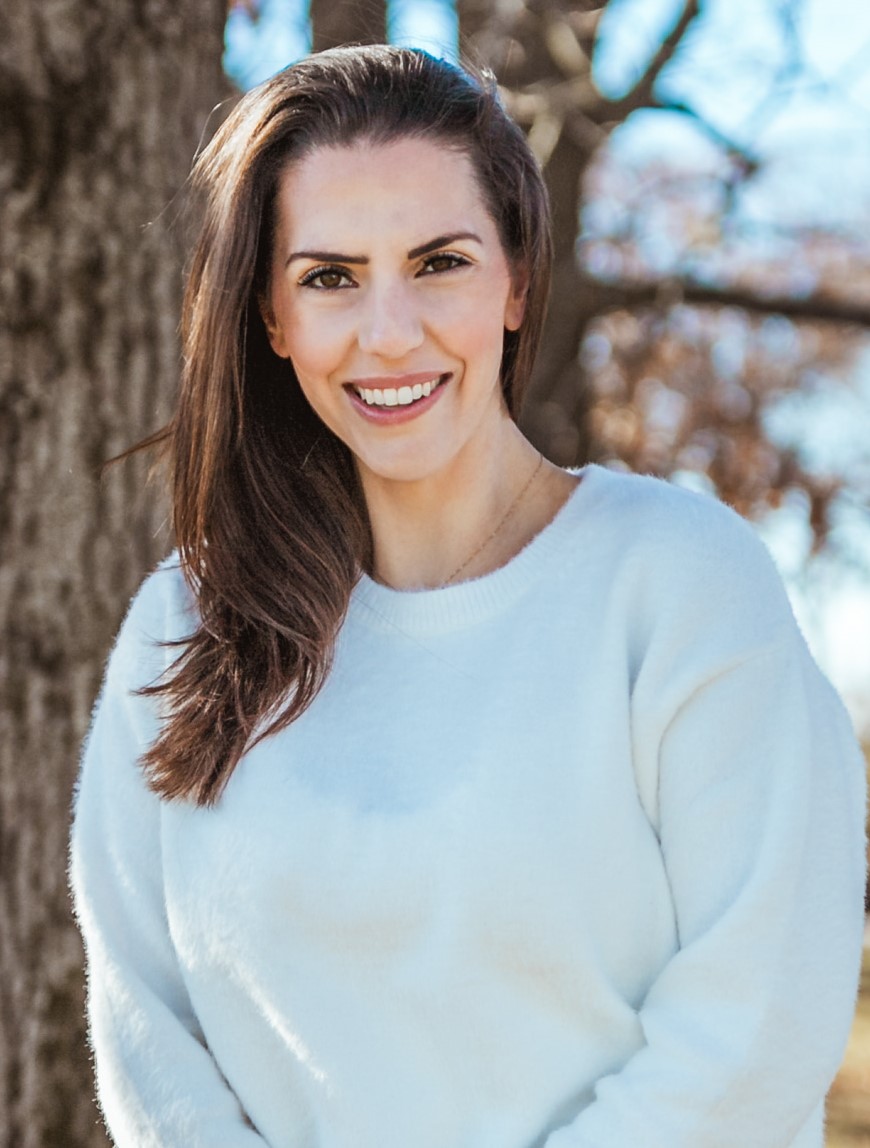
 Prof. Khatchig Mouradian will offer an online seminar in July on “Names, Monuments, and Racism.” Following multiple requests, the course will now have two sections: one for
Prof. Khatchig Mouradian will offer an online seminar in July on “Names, Monuments, and Racism.” Following multiple requests, the course will now have two sections: one for 






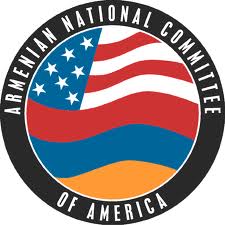










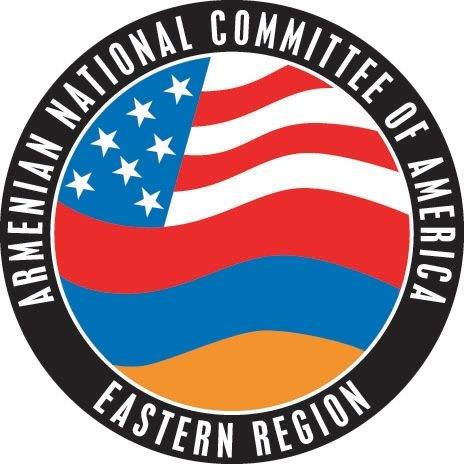

 The Black Lives Matter movement has challenged US society to recognize police violence against Blacks, as well as systemic racism in our courts, schools, businesses and cultural institutions. Four centuries of violence and systemic oppression demand exposure, action and change.
The Black Lives Matter movement has challenged US society to recognize police violence against Blacks, as well as systemic racism in our courts, schools, businesses and cultural institutions. Four centuries of violence and systemic oppression demand exposure, action and change. 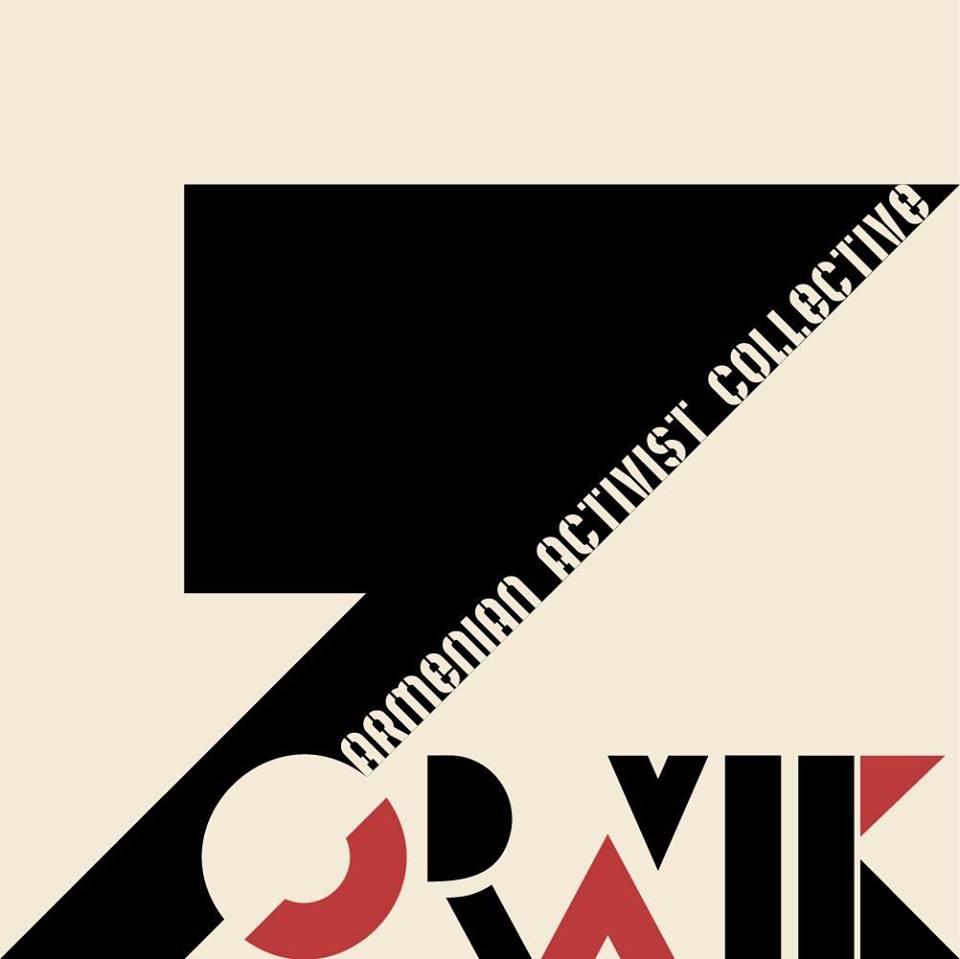








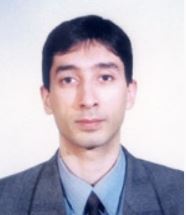


 The Armenian Relief Society (ARS), a globally present humanitarian organization cannot be indifferent to the recent attacks that began on July 12, 2020, by the Azeri government against the peaceful populations and soldiers protecting the borders of the Republic of Armenia, on the Northeast border and the villages in the Tavush Province. As a member of the UN’s Economic and Social Committee (ECOSOC) and advocate of the United Nations Universal Declaration of Human Rights, we call on the international humanitarian community to take action and stand with the innocent residents of Armenia to raise awareness of the heinous Azeri attacks.
The Armenian Relief Society (ARS), a globally present humanitarian organization cannot be indifferent to the recent attacks that began on July 12, 2020, by the Azeri government against the peaceful populations and soldiers protecting the borders of the Republic of Armenia, on the Northeast border and the villages in the Tavush Province. As a member of the UN’s Economic and Social Committee (ECOSOC) and advocate of the United Nations Universal Declaration of Human Rights, we call on the international humanitarian community to take action and stand with the innocent residents of Armenia to raise awareness of the heinous Azeri attacks.
